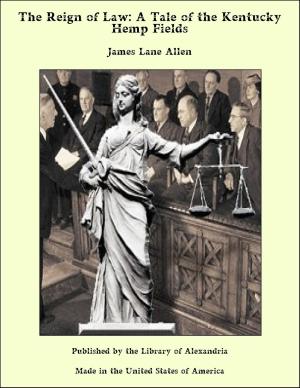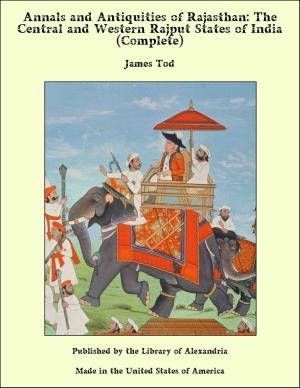Sharps and Flats: A Complete Revelation of the Secrets of Cheating at Games of Chance and Skill
Nonfiction, Religion & Spirituality, New Age, History, Fiction & Literature| Author: | John Nevil Maskelyne | ISBN: | 9781465571922 |
| Publisher: | Library of Alexandria | Publication: | March 8, 2015 |
| Imprint: | Language: | English |
| Author: | John Nevil Maskelyne |
| ISBN: | 9781465571922 |
| Publisher: | Library of Alexandria |
| Publication: | March 8, 2015 |
| Imprint: | |
| Language: | English |
In presenting the following pages to the public, I have had in view a very serious purpose. Here and there may be found a few words spoken in jest; but throughout my aim has been particularly earnest. This book, in fact, tends to point a moral, and present a problem. The moral is obvious, the problem is ethical; which is, perhaps, only another way of saying something different. In the realm of Ethics, the two men who exert, probably, the greatest influence upon the mass of humanity are the philosopher and the politician. Yet, strange to say, there would appear to be little that can be considered as common knowledge in either politics or philosophy. Every politician and every philosopher holds opinions which are diametrically opposed to those of some other politician or philosopher; and there never yet existed, apparently, either politician or philosopher who would admit even that his opponents were acquainted with the fact of two and two making four. So much, then, for dogmatism. In the natural order of events, however, there must be things which even a politician can understand. Not many things, perhaps; but still some things. In like manner, there must be things which even a philosopher can not understand—and a great many things
In presenting the following pages to the public, I have had in view a very serious purpose. Here and there may be found a few words spoken in jest; but throughout my aim has been particularly earnest. This book, in fact, tends to point a moral, and present a problem. The moral is obvious, the problem is ethical; which is, perhaps, only another way of saying something different. In the realm of Ethics, the two men who exert, probably, the greatest influence upon the mass of humanity are the philosopher and the politician. Yet, strange to say, there would appear to be little that can be considered as common knowledge in either politics or philosophy. Every politician and every philosopher holds opinions which are diametrically opposed to those of some other politician or philosopher; and there never yet existed, apparently, either politician or philosopher who would admit even that his opponents were acquainted with the fact of two and two making four. So much, then, for dogmatism. In the natural order of events, however, there must be things which even a politician can understand. Not many things, perhaps; but still some things. In like manner, there must be things which even a philosopher can not understand—and a great many things















